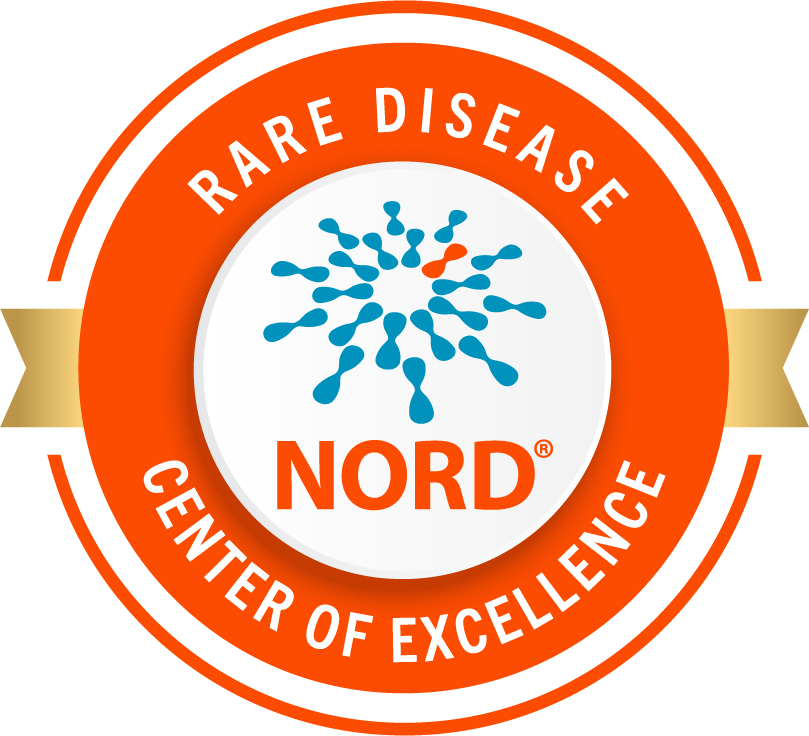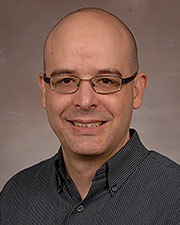Glycogen Storage Disease Clinic
Founded in 2014, the Glycogen Storage Disease (GSD) Center aims to provide the highest quality of cutting-edge medical care to individuals affected by GSD; to perform clinical research on GSD; and to educate medical professionals and the public about it. The GSD Center is part of the NORD Center of Excellence program. Patients with a diagnosis or suspected diagnosis of GSD are welcome to schedule an appointment with one of our trained specialists.
Our goal is to improve quality of life for families and individuals with all types of GSD. Our team takes a comprehensive approach for diagnosis, management and continued follow up of children and adults with GSD — including hospital admissions to Memorial Hermann Hospital and Children’s Memorial Hermann — to develop an individualized treatment plan that minimizes long-term complications. We utilize state-of-the-art management tools, such as continuous glucose monitoring and point-of-care glucose and blood ketone monitoring, to further customize clinical management. Additionally, we assist other healthcare providers with the diagnosis and management of carbohydrate-metabolism disorders, including liver and muscular forms of GSD.
The GSD Clinic has a large clinical research focus, complete with multiple research coordinators to handle individual patient care. We are actively participating in GSD research, including clinical trials for gene therapy.
Clinic Information
The GSD clinic is held the first and third Monday of each month in the UT Physicians Professional Building, Suite 500 (5th floor). Office hours are Monday through Friday, 7am to 4pm CST. For all scheduling questions contact Medical Assistant Candis Rowe, 713-500-5811. For information concerning donations, please contact Senior Administrative Coordinator Diana Tran.
Mailing address:
6431 Fannin St. MSB 3.142
Houston, TX 77030
Additional Resources
- Association for Glycogen Storage Disease: USA
- Association for Glycogen Storage Disease: United Kingdom
- The Children’s Fund for Glycogen Storage Disease Research
Glycogen Storage Disease Clinic Care Team
 David F. Rodriguez-Buritica, MD
David F. Rodriguez-Buritica, MD
